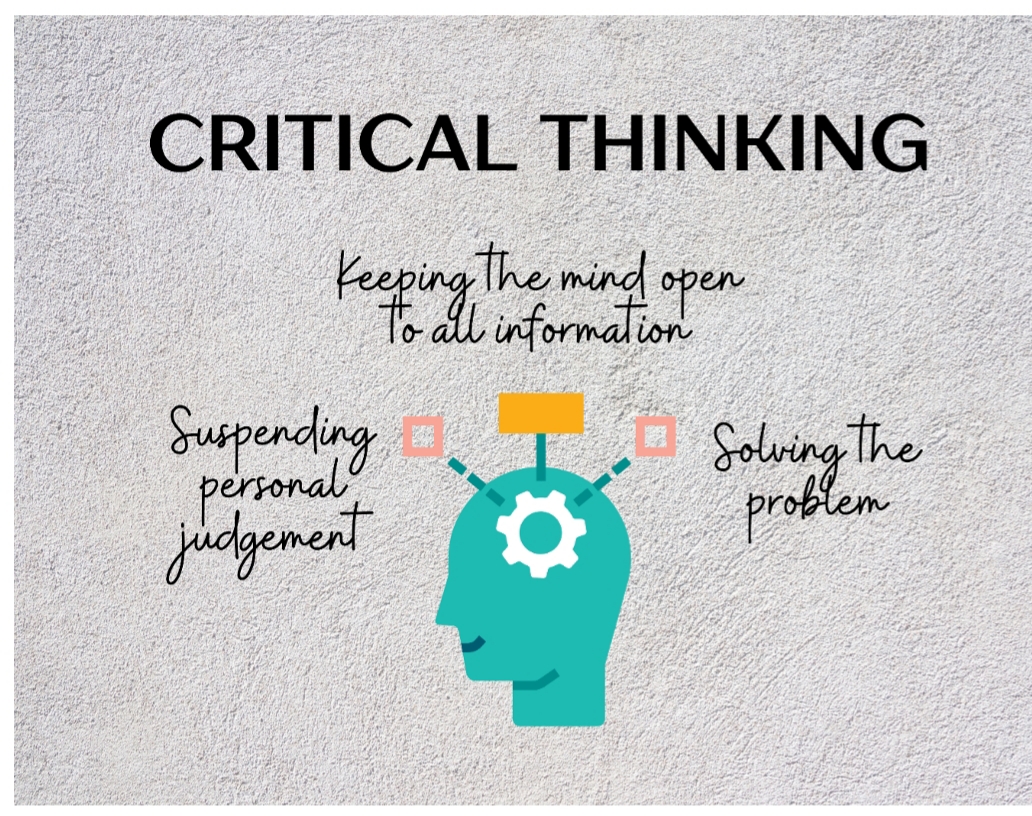Promoting students’ critical thinking skills through project-based learning in Indonesian higher education
DOI:
https://doi.org/10.21070/jees.v7i1.1531Keywords:
1945-constitution, critical thinking, higher education, project-based learningAbstract
This research is focused on promoting students’ critical thinking skills through project-based learning. Thus, this study aims at (1) examining the idea of critical thinking, (2) discussing ways of improving critical thinking learners and (3) measuring learners' capacity of critical thinking using project-based learning approaches. This method of study is non-empirical by taking a qualitative approach to students' analytical thought and project-based learning perspectives. By incorporating this project-based learning, students can improve innovation and exercise criticism. By doing this study, we encourage other scholars to carry out research by means of project-based methods of learning.
HIGHLIGHTS:
- Suspension of judgment is a situation when someone is rationally able to suspend their judgment in taking a conclusion about something. The suspension of judgments on subjects, objects, ideas, or whatever you wish to study is one of the most critical tasks.
- Open-mindedness is a virtue of intellectual nature with characteristic goals, including increasing or improving the cognitive interaction with reality. It involves specialized cognitive skills, including those involved in making information comprehensible to themselves and auxiliary habits, thus cognitive skills are truly engaged if necessary.
- Critical thinkers will motivate themselves to make solving the problem simpler for themselves.
Downloads
References
Anazifa, R. D., & Djukri, D. 2017. Project-based learning and problem-based learning: are they effective to improve student's thinking skills? Jurnal Pendidikan IPA Indonesia, 6(2), 346-355.
Anwar, Y., Zen, D., & Permata, S. 2021. Enhancing critical thinking skills of biology education students using online formative assessment. 4th Sriwijaya University Learning and Education International Conference (SULE-IC 2020).513:14-17.
Bell, S. 2010. Project-based learning for the 21st century: Skills for future. A Journal of Educational Strategies, Issues and Ideas. 83(2):39-43.
Butler, H.A., Pentoney, C. & Bong, M.P. 2017. Predicting real-world outcomes: critical thinking ability is a better predictor of life decisions than intelligence. Thinking Skills and Creativity. 25:38–46.
Connor-Greene, P. A., & Greene, D. J. 2002. Science or snake oil? Teaching critical evaluation of “research” reports on the Internet. Computers in Teaching, 29(4), 321-324.
Dimmitt, N. 2017. The power of project-based learning: Experiential education to develop critical thinking skills for university students. In CBU International Conference Proceedings 5, 575-579.
Ellis, D. (2009). Becoming a master student (12th ed.). Boston, MA: Houghton
Mifflin. Wajdi, F. 2017. Implementasi project-based learning (PBL) dan penilaian autentik dalam pembelajaran drama indonesia. Jurnal Pendidikan Bahasa dan Sastra UPI, 17(1), 86-101.
Filho, W.L., Azul, A.M., Brandli, L., Özuyar, P.G. & Wall, T. (eds.) 2020. Critical thinking. Quality Education. Springer, Cham. Swiss
Gandi, A. S. K., Haryani, S., & Setiawan, D. (2019). The effect of project-based learning integrated STEM toward critical thinking skill. Journal of Primary Education, 8(7), 18-23.
Huberman, M., Bitter, C., Anthony, J., & O’Day, J. 2014. The shape of deeper learning: Strategies, structures, and cultures in deeper learning network high schools. Washington, DC: American Institutes for Research.
Johnson, B. & Christensen, L. 2004. Educational research: Quantitative, qualitative, and mixed approaches. The Journal of Educational Research. 102(3):237.
Jusmaya, A., & Efyanto, W. 2018. Empowering Student’s Critical Thinking by Applying Project Based Learning. Komposisi: Jurnal Pendidikan Bahasa, Sastra, dan Seni, 19(2), 116-127.
McMillan, J.H. & Schumacher, S. 2006. Research in education: Evidence- Based Inquiry. Pearson Education, Inc. New York.
Pellegrino, J. W., & Hilton, M. L. (Eds.). 2012. Education for life and work: Developing transferable knowledge and skills in the 21st century. Washington, DC: National Academies Press.
Pryor, C.R. & Kang, R. 2013. Project-based learning in Capraro R.M., Capraro M.M., Morgan J.R. (ed.) STEM Project-Based Learning. Sense Publishers. Rotterdam.
Rieckmann, M. 2017. Educación Para Los Objetivos de Desarrollo Sostenible: Objetivos de aprendizaje. UNESCO Publishing. Paris, France.
Rochmawati, A., Wiyanto, W., & Ridlo, S. 2019. Analysis of 21st Century Skills of Student on Implementation Project Based Learning and Problem Posing Models in Science Learning. Journal of Primary Education, 8(4), 58-67.
Stehling, C. & Munzert U. 2018. Project-based learning in Drummer J., Hakimov G., Joldoshov M., Köhler T., Udartseva S. (ed.) Vocational Teacher Education in Central Asia. Springer, Cham. Swiss.
Tatnall, A. (eds.). 2020. Collaborative learning and patterns of practice. Encyclopedia of Education and Information Technologies. Springer, Cham. Swiss.
Vogler, J.S., Thompson, P., Davis, D.W., Mayfield, B.E., Finley, P.M., Yasseri, D. 2018. The hard work of soft skills: Augmenting the project-based learning experience with interdisciplinary teamwork. Instr. Sci. 46:457– 488.
Winartha, I.M. 2006. Metodologi penelitian wilayah kontemporer. Pustaka Pelajar. Yogyakarta.
Zhang Y. 2020. How to improve undergraduate students’ critical thinking in the classroom: From the perspective of critical theory in Zhu, X., Li, J., Li, M., Liu, Q., dan Starkey H. (ed.) Education and Mobilities. Perspectives on Rethinking and Reforming Education. Springer. Singapore.

Published
How to Cite
Issue
Section
License
Copyright (c) 2022 Amalul Umam, Zulfha Nurul Fauziah, Movie Riana Rahmawati, Alan Jaelani

This work is licensed under a Creative Commons Attribution 4.0 International License.







